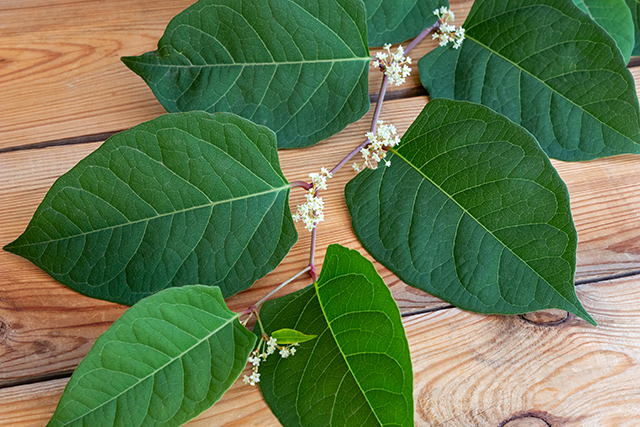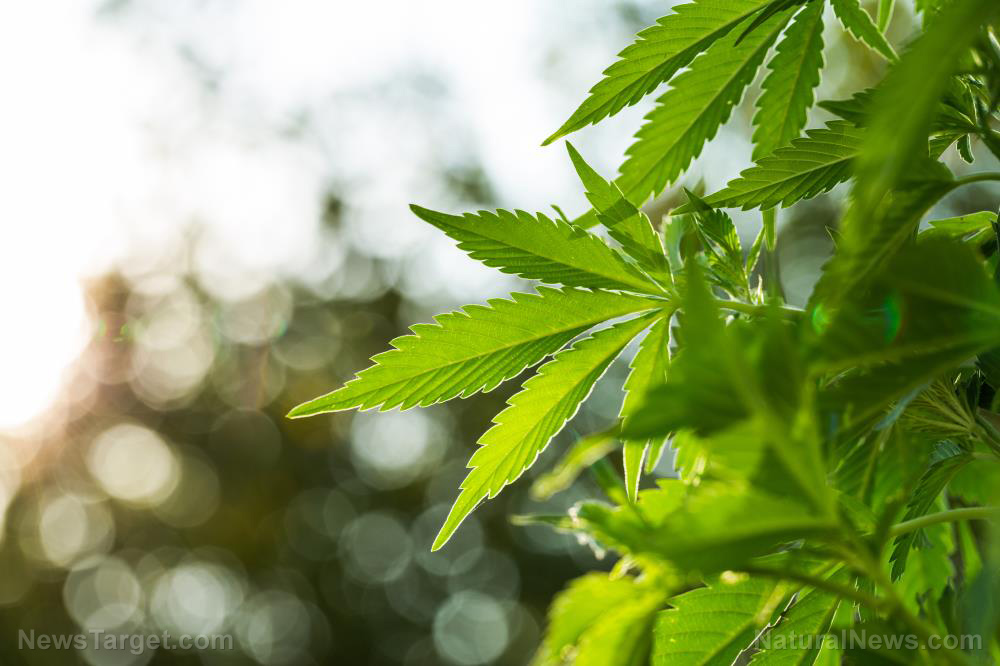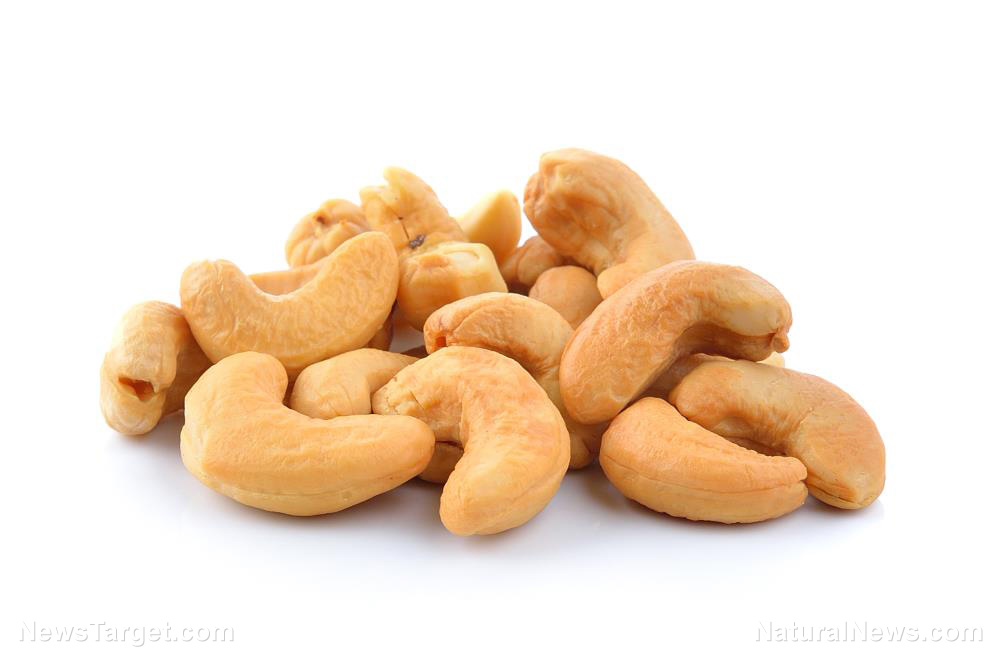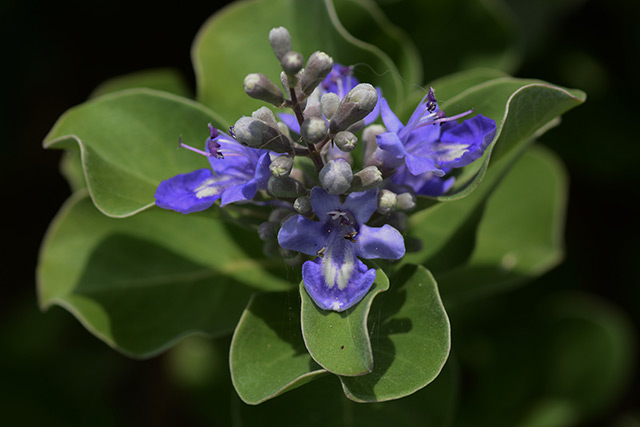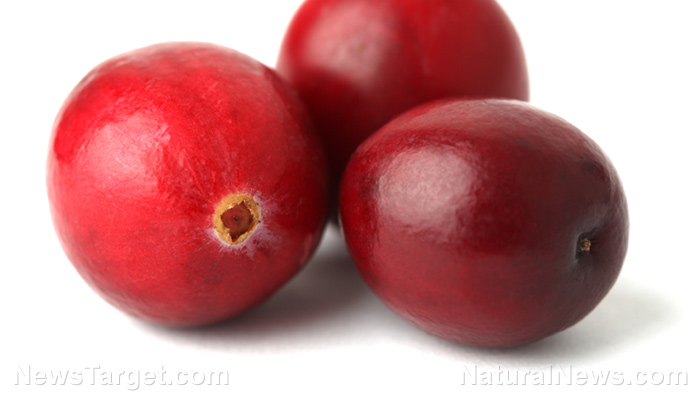Hepatoprotective effects of resveratrol found to ameliorate alcoholic hepatic steatosis
06/14/2019 / By Michelle Simmons

Researchers at Anhui Medical University in China looked at the protective effects of resveratrol on alcoholic fatty liver. They published their findings in The American Journal of Chinese Medicine.
- Alcoholic fatty liver (AFL) is an early stage of alcoholic liver disease, which can progress to steatohepatitis, fibrosis, and cirrhosis if alcohol consumption is continued.
- The pathogenesis of alcoholic fatty liver is associated with excessive lipid accumulation in hepatocytes.
- Resveratrol, a dietary polyphenol found in grapes, has been shown to have a hepatoprotective effect.
- Autophagy is a crucial physiological process in cellular catabolism that involves the regulation of lipid droplets. It retains a balance among protein synthesis, degradation, and self-recycling.
- For the study, the researchers examined the protective effects of resveratrol at doses of 10 milligrams per kilogram (mg/kg), 30 mg/kg, and 100 mg/kg on alcoholic fatty liver mice fed with an ethanol Lieber-DeCarli liquid diet.
- They also investigated the effects of resveratrol on HepG2 cells in the presence of oleic acid and alcohol to determine whether resveratrol could induce autophagy to attenuate lipid accumulation.
- The results revealed that treatment with 30 mg/kg and 100 mg/kg of resveratrol substantially reduced hepatic steatosis and decreased the activities of serum alanine aminotransferase (ALT), aspartate aminotransferase (AST), triglyceride, low-density lipoprotein cholesterol (LDL-C).
- Resveratrol treatment also reduced hepatic lipid accumulation.
- It also increased the number of autophagosomes and promoted the formation of autophagy, as well as the levels of microtubule-associated protein light chain3- II (LC3-II) and Beclin1.
- Treatment with resveratrol on HepG2 cells resulted in the formation of acidic vesicular organelles (AVOs), however, 3-Methyladenine (3-MA), a specific inhibitor of autophagy, inhibited the above effects of resveratrol.
In conclusion, resveratrol has protective effects on alcoholic hepatic steatosis, and it works by inducing autophagy.
To read more studies on natural medicines that support liver health, visit LiverDamage.news.
Journal Reference:
Tang L, Yang F, Fang Z, Hu C. RESVERATROL AMELIORATES ALCOHOLIC FATTY LIVER BY INDUCING AUTOPHAGY. The American Journal of Chinese Medicine. 15 September 2016; 44(6): 1207-1220. DOI: 10.1142/S0192415X16500671
Tagged Under: Alcohol, alcoholic fatty liver disease, alternative medicine, antioxidants, disease treatments, hepatic steatosis, liver disease, liver health, natural cures, natural medicine, prevention, remedies, research, resveratrol

